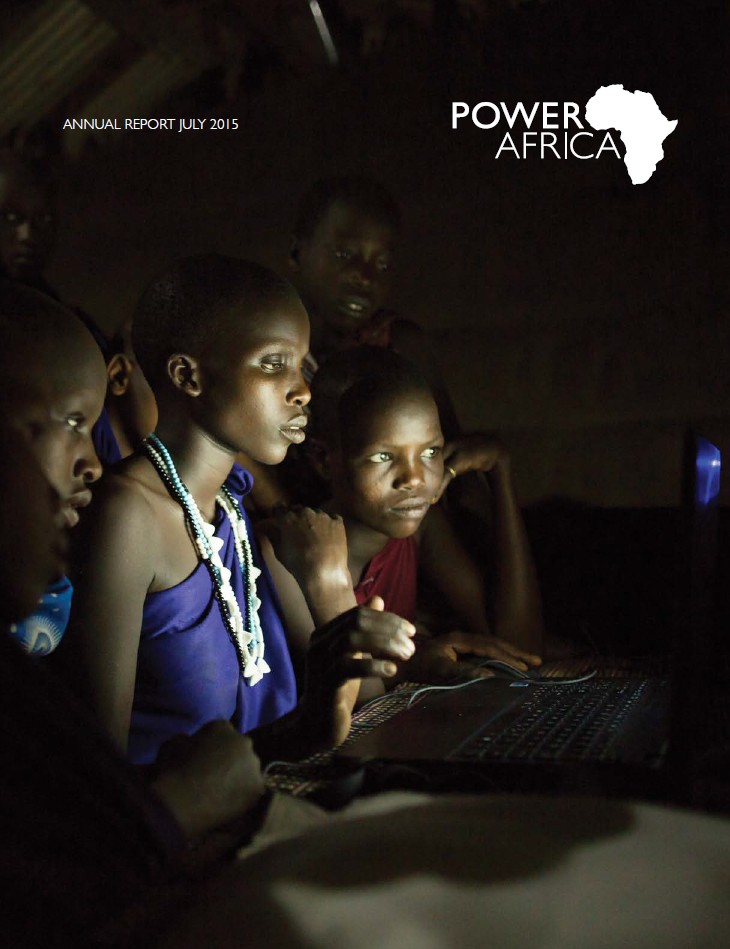The Sustainable Fisheries Management Project (SFMP), a food security program that seeks to rebuild Ghana’s small pelagic marine fish stocks, officially launches on Tuesday, April 28, 2015, at Akroma Plaza in Takoradi, Western Region, Ghana. Funded by the United States Agency for International Development (USAID), SFMP is a Feed the Future project, a Presidential initiative focused on transforming the agriculture sector.
The Ghana Agribusiness Investment Summit, an annual conference of investors, sector leaders, and policy makers aimed at attracting investments in Ghana’s agricultural sector, kicked off today in Accra. The Summit was jointly opened by the Deputy Minister of Food and Agriculture, Hon. Dr. Ahmed Yakubu Alhassan and the U.S. Ambassador, H.E. Gene Cretz.
The Ministry of Gender, Children and Social Protection, together with support from UNICEF and USAID will launch the Livelihood Empowerment Against Poverty (LEAP) 1000 project. This cross-sectoral initiative that incorporates nutrition, economic growth, governance, and gender is breaking new ground in promoting resilience among vulnerable populations in the Northern and Upper East regions. USAID will fund the project to the amount of $12 million.
The African Indoor Residual Spraying (AIRS) Program for malaria control has been implemented in Ghana since 2008 in selected districts in the Northern Region. It is funded by United States Agency for International Development (USAID) through the President’s Malaria Initiative (PMI) and has been implemented by Abt Associates since 2012.
The American people, through the U.S. Agency for International Development (USAID), today opened an African Growth and Opportunity Act (AGOA) Trade Resource Center in Accra in partnership with the Ghana Chamber of Commerce and Industry. The aim of the Center, one of 15 across West Africa, is to increase the value of exports from the region by guiding businesses to access regional and global markets for agricultural and value-added trade. The end result, say organizers, will be increased exports. This, in turn, will spur greater competitiveness, lead to more jobs, and be a a powerful foundation for broad-based economic growth.










Comment
Make a general inquiry or suggest an improvement.